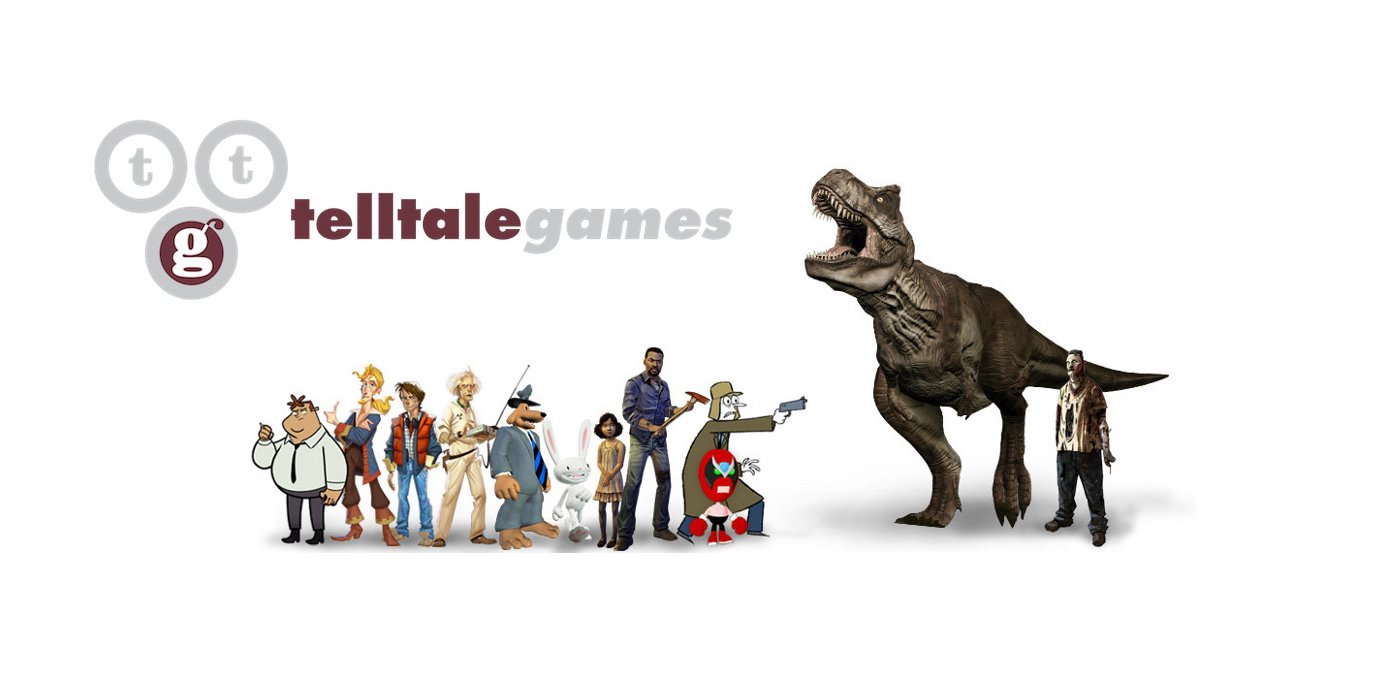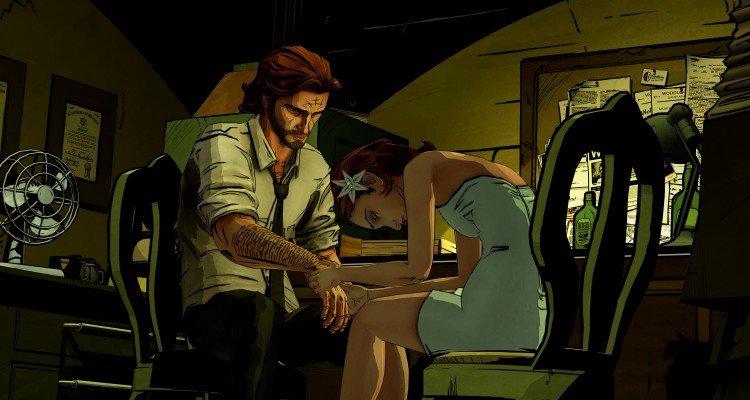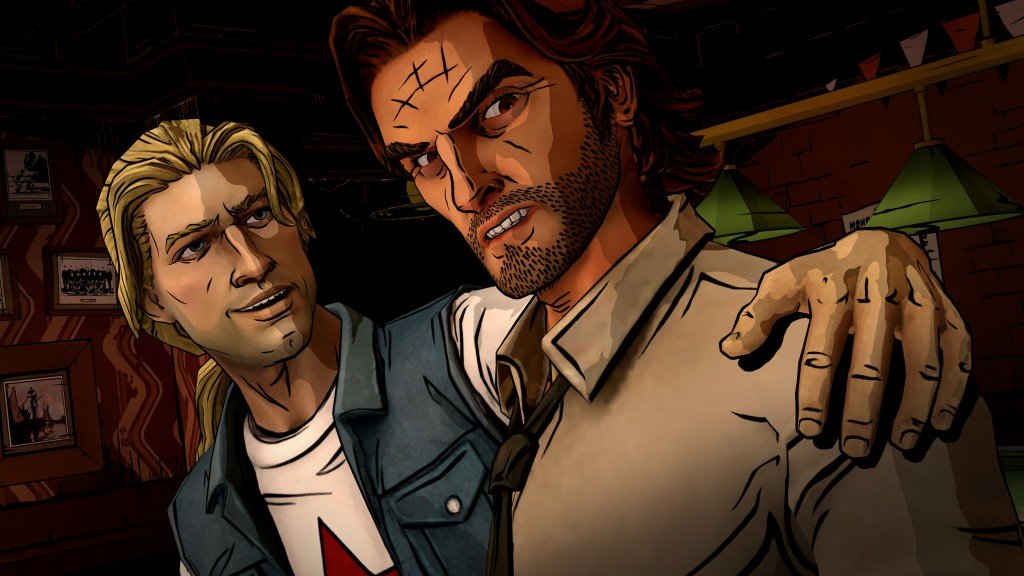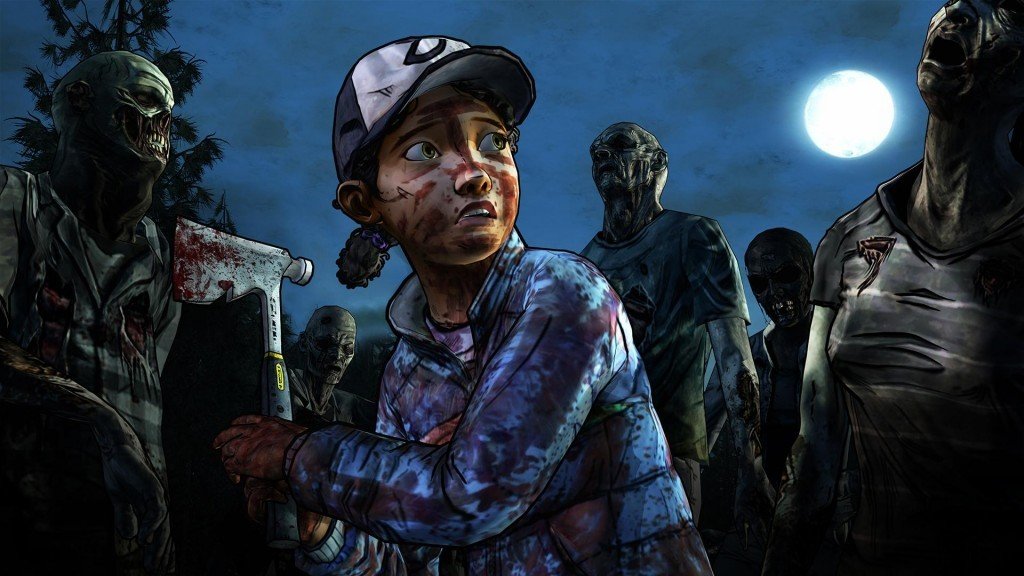Telltale Games has been actively redefining adventure games in the past decade. Their dedication to making a totally new, intuitive, and emotionally gripping gaming experience has truly set them apart in the next gen era of gaming.
Arguably the most striking innovation in the recent catalogue of Telltales games is their mastery of binary choice. Nearly every major scenario in their recent games roster has to deal with choosing between 2 options. It can be choosing who lives or dies, to instigate a fight, stay or leave, or even the choice to remove a limb for fear of infection spreading. And while of course there are non-binary choices (food distribution in the Walking Dead) it’s the decision between two options that Telltale has completely polished.
Most impressive of all in this technique of binary choice, is that it is somewhat illusory. Yes of course there are story changes, letting a character tag along will certainly have new dialogue and visual elements to the gameplay experience. But often, regardless of a choice, the outcome stays the same. For example: in the Walking Dead, the player can decide to cut off Lee’s arm in an attempt to stave off zombification. Regardless if they do or do not, the outcome is the same: Lee dies. In the Wolf Among Us, regardless if the player lets Gren and the Woodsman fight, the outcome is the same; Bigby is given his next lead.
There are many instances of that kind of story construction in Telltale Games; where the choices don’t necessarily affect the main story events. Normally this would not be a great thing. The medium of video gaming is one that allows for the audience (player) to influence the story of the medium juristically. I would argue most game design should be based around taking advantage of the interactive and exploratory nature of the medium.
However, Telltale utterly masters this illusionary choice. The writing is so incredibly strong that it’s completely unnoticeable and irrelevant that all choices don’t create a branching narrative. All the choices in Telltale games have emotional change. Saying a kind word to a character in Wolf Among us may not change the overall outcome, but it changes how the player feels in that scenario. It changes the narrative in the memory of the player. From the tiniest dialogue option to the large binary choice of who lives and dies, all the choices have real emotional weight. It is quite an incredible work.
From a logistics standpoint, it also makes a lot of sense to structure the game how they did. Branching storylines are fantastic, but difficult to maintain for sequels. By creating set points in the narrative the creators can have a clear continuity to work with. Letting the variance of choice be in how the player deals with the set narrative points allows for a marriage between linear storytelling and player agency. That is, even though the story is generally the same for every player, each player has a very unique version of the story because of their input in the experience.
Too often a game with incredibly poor writing is excused by superficial elements. Telltale has been demonstrating the incredible gaming experience that is a result of writing focused work. No game is perfect but the developments from Telltale are a huge step in the right direction. Hopefully they will continue to build on this foundation of binary choice and continue to redefine action games.




